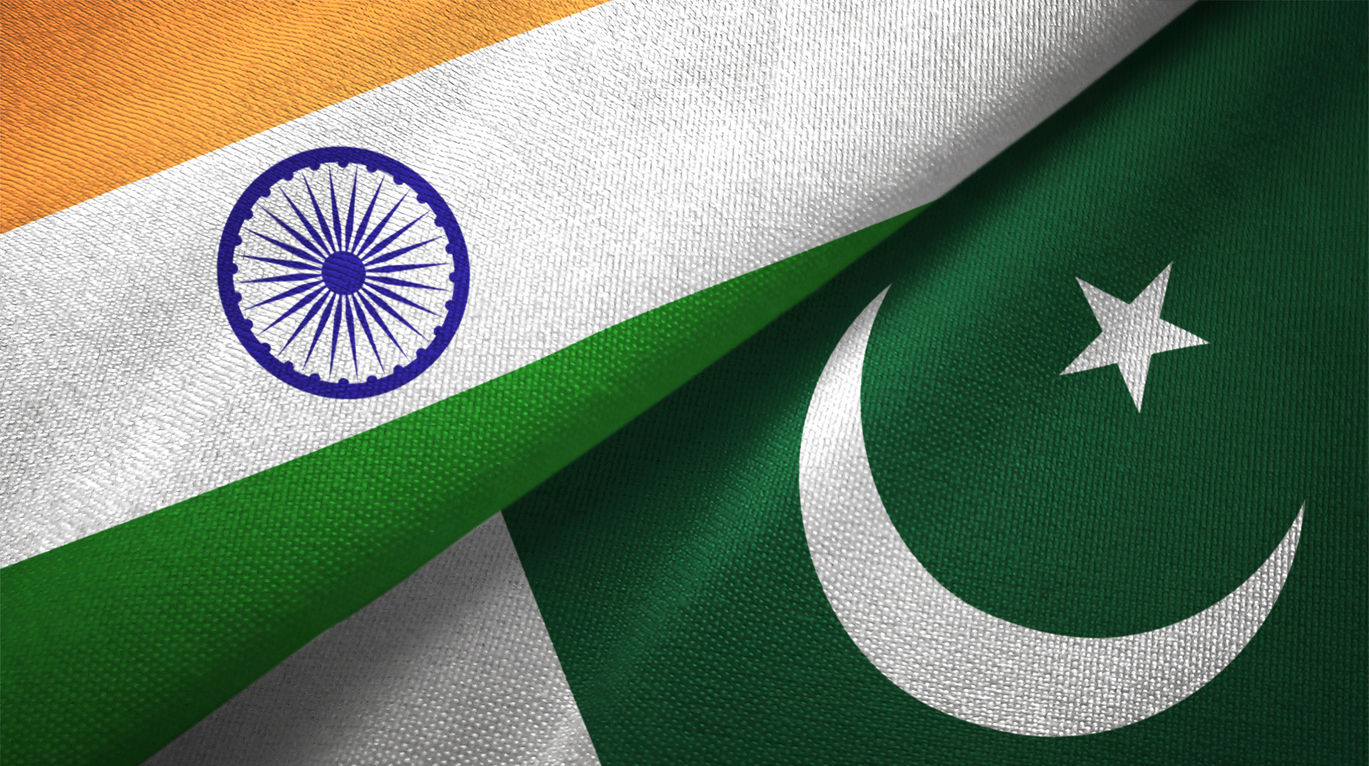
April 23, 2025
Bilateral trade between the two countries more than doubled, rising 127.21% from US$530.91 million in 2023
India has consistently maintained a significant trade surplus with Pakistan over recent years
Top Indian exports to Pakistan include organic chemicals, pharmaceuticals, sugar, and confectionery
Pakistan’s exports to India fell sharply to US$0.48 million in 2024, down from US$547.47 million in 2019

India’s merchandise exports to Pakistan surged to a five-year high of US$1.21 billion in 2024, according to UNCTAD and UN COMTRADE data, despite continued diplomatic tensions between the two countries. This marked a significant 127.21% increase from the US$530.91 million recorded in 2023.
The last time bilateral trade reached comparable levels was in 2018, when India exported goods worth US$2.35 billion to Pakistan. However, relations between the two countries have been under renewed strain following the April 22 terror attack in Pahalgam, Jammu and Kashmir, which claimed at least 26 lives.
India has consistently maintained a strong trade surplus with its neighbour. In 2024, key exports to Pakistan included organic chemicals, pharmaceutical products, and processed sugar and confectionery. On the other hand, Pakistan’s shipments to India largely consisted of apparel, salt, sulphur, lime, and cement.
Trade relations have remained turbulent since 2019, when India imposed a 200% customs duty on imports from Pakistan following the Pulwama attack. This move was accompanied by the withdrawal of Pakistan’s Most Favoured Nation (MFN) status, drastically reducing Pakistan’s exports to India from US$547.47 million in 2019 to a mere US$0.48 million in 2024.
Further deterioration occurred after Pakistan unilaterally suspended bilateral trade in August 2019 in response to India’s abrogation of Article 370. Nonetheless, Islamabad later reversed the suspension for select items due to mounting inflationary pressure at home.
India’s exports to Pakistan have since seen a sharp rebound, recording over 300% growth from 2020 to 2024. Whether this upward trend will persist is now uncertain in the wake of the Pahalgam attack and the potential for further diplomatic fallout.
Source: MoneyControl